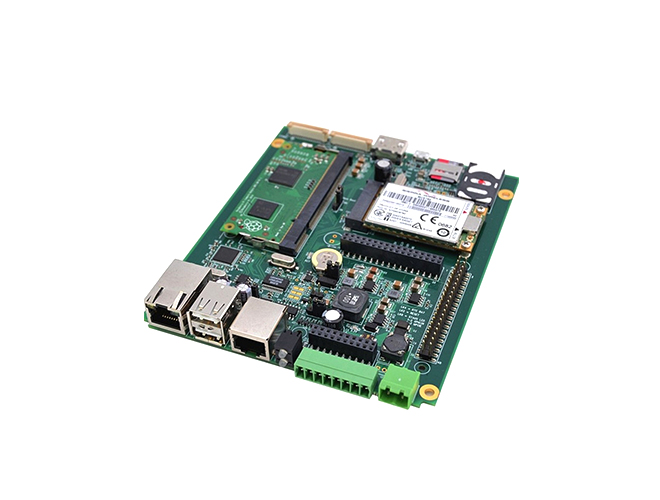-
CN
-
Service Hotline
+8618129931046 Mr. Liao


Time:2025-07-04 Views:1

High - reliability testing of multilayer PCBs is essential to ensure their performance and longevity in various applications, especially in aerospace, military, and automotive industries. Several international and industry - specific standards govern these tests.
One of the most widely recognized standards is the IPC - 6012, which provides requirements for the qualification and performance of rigid printed boards. Under this standard, multilayer PCBs are subjected to tests such as visual inspection, dimensional measurement, and electrical testing. Visual inspection checks for surface defects, such as scratches, delaminations, and improper soldering. Dimensional measurement ensures that the board size, hole diameters, and copper thickness meet the design specifications.
Thermal shock testing is another critical evaluation. Boards are exposed to rapid temperature cycles, usually from - 55°C to 125°C, to simulate extreme environmental conditions. This test assesses the board's ability to withstand thermal expansion and contraction without developing cracks in the copper traces or delaminating between layers.
Electrical insulation resistance (EIR) testing measures the resistance between conductive traces to ensure that there are no unwanted electrical shorts. The IPC - 9201 standard focuses specifically on the reliability of printed boards under humid and biased conditions, simulating real - world scenarios where moisture can affect electrical performance.
In addition to these general standards, industries may have their own specific requirements. For example, the automotive industry follows standards like AEC - Q100, which includes additional tests related to vibration, temperature - humidity - bias (THB), and high - temperature storage to ensure the PCB's reliability in vehicle environments.